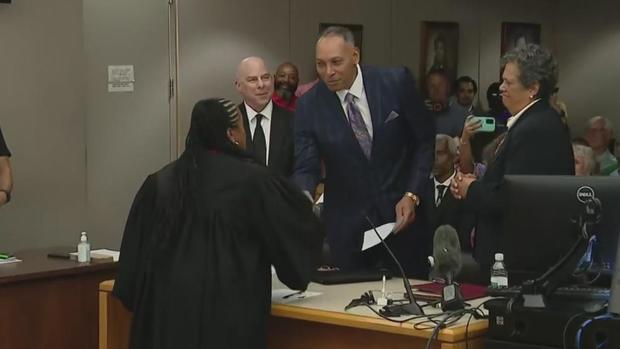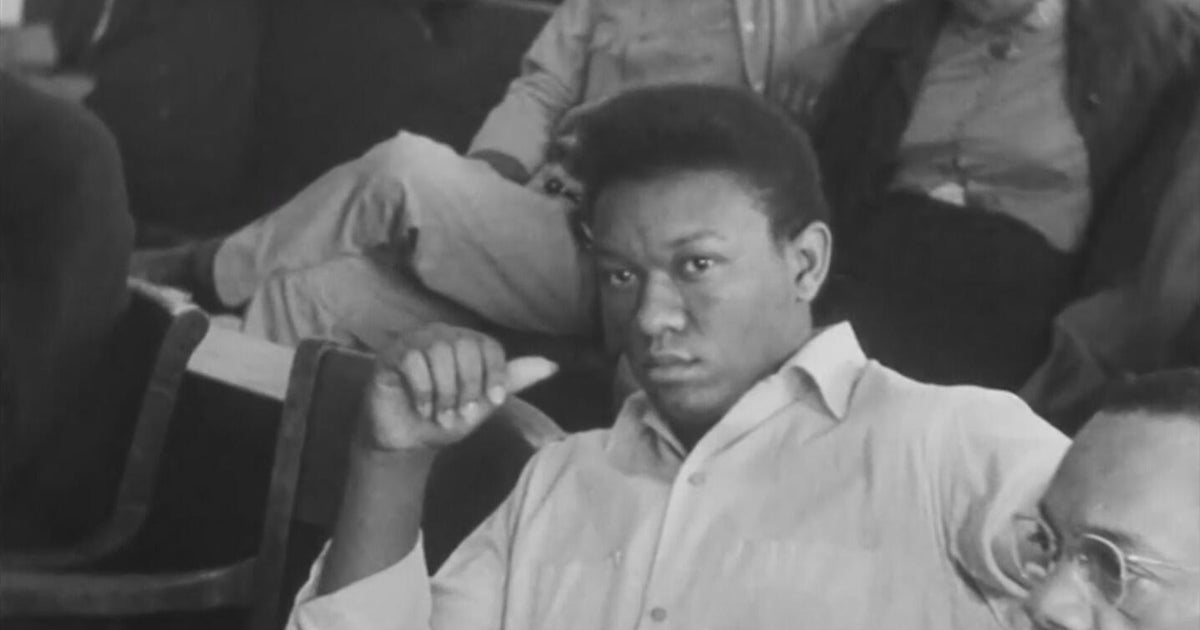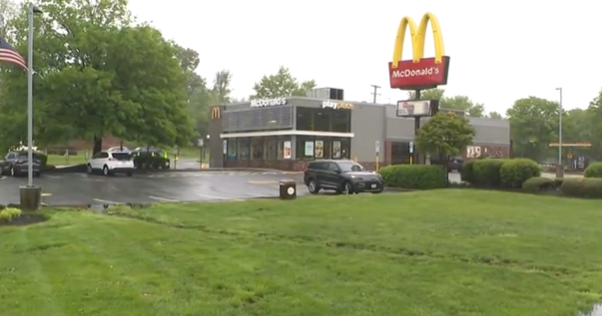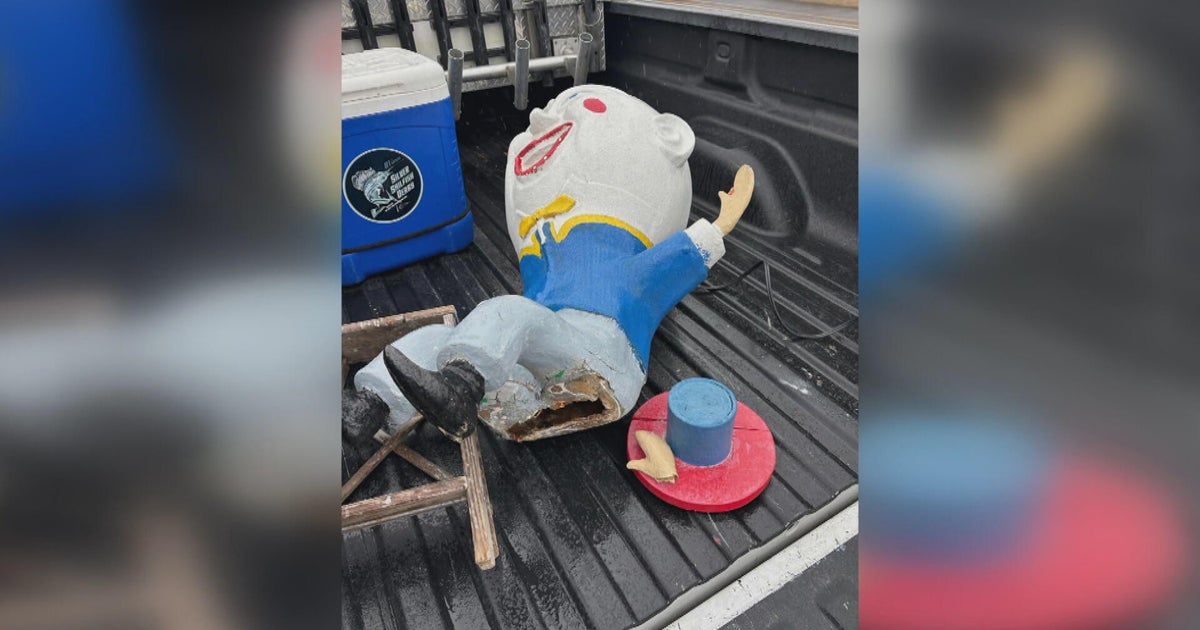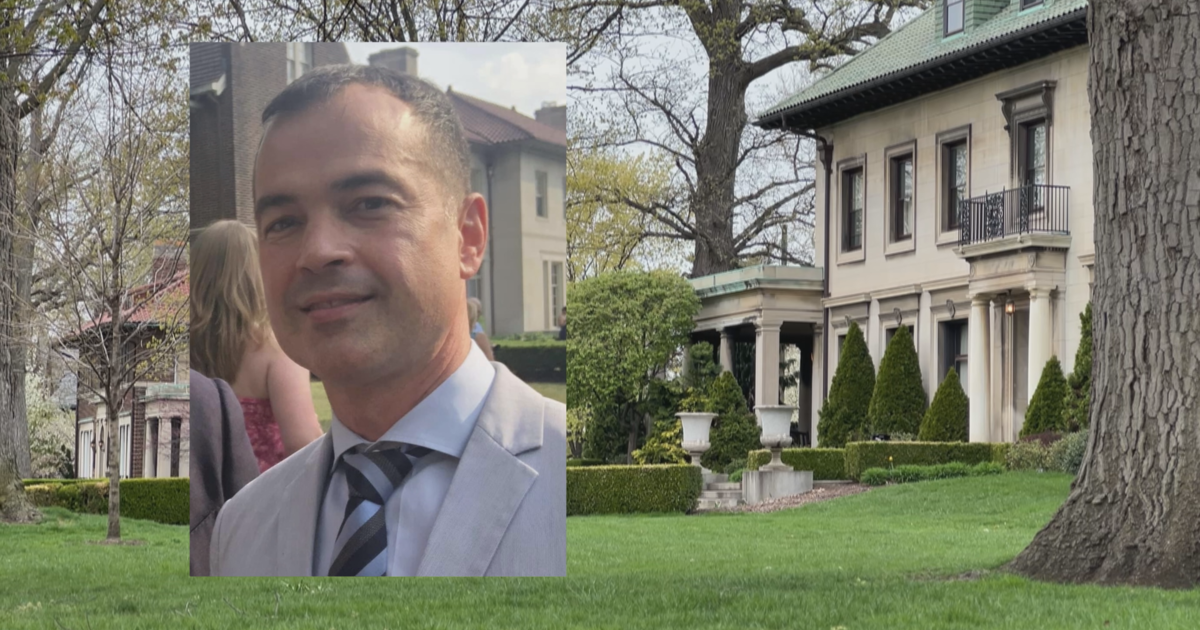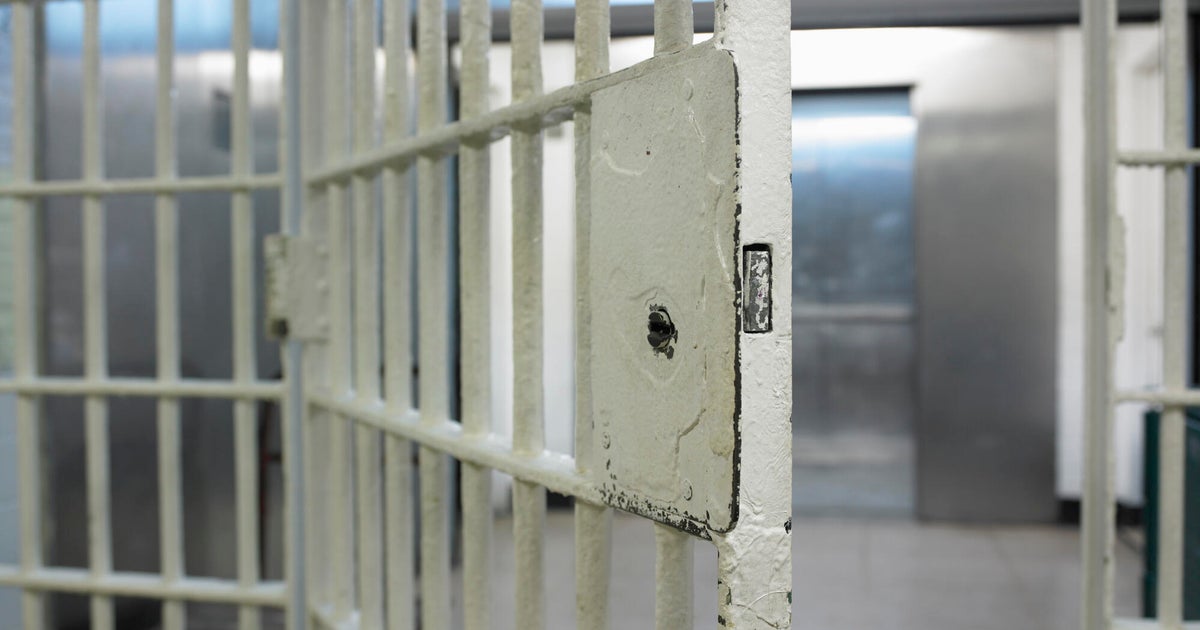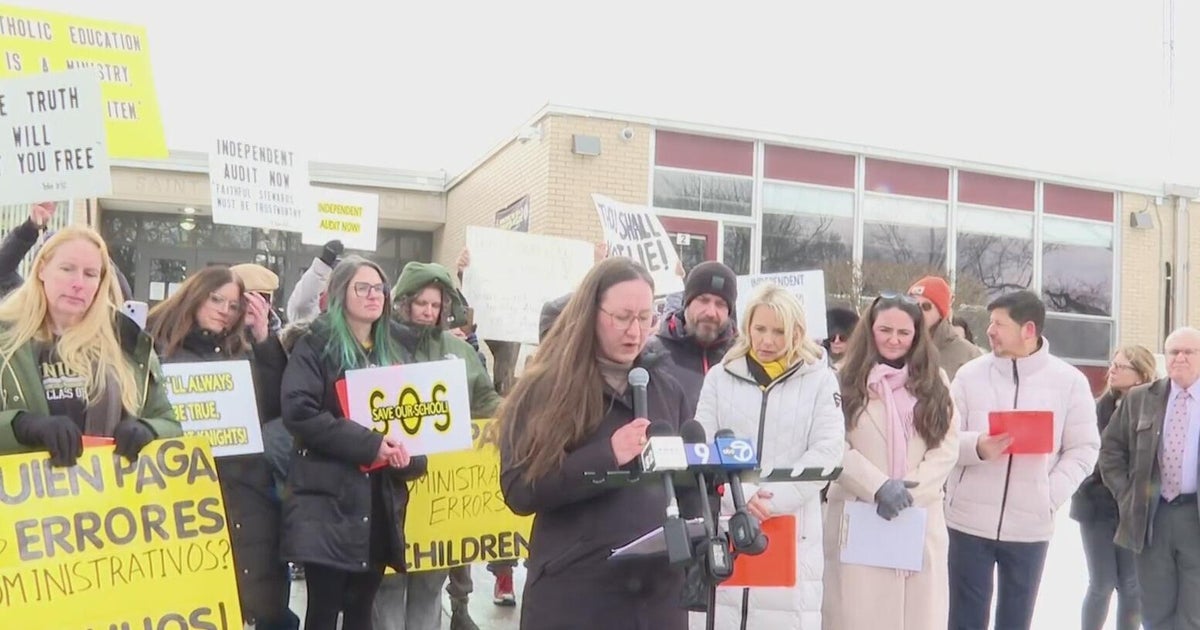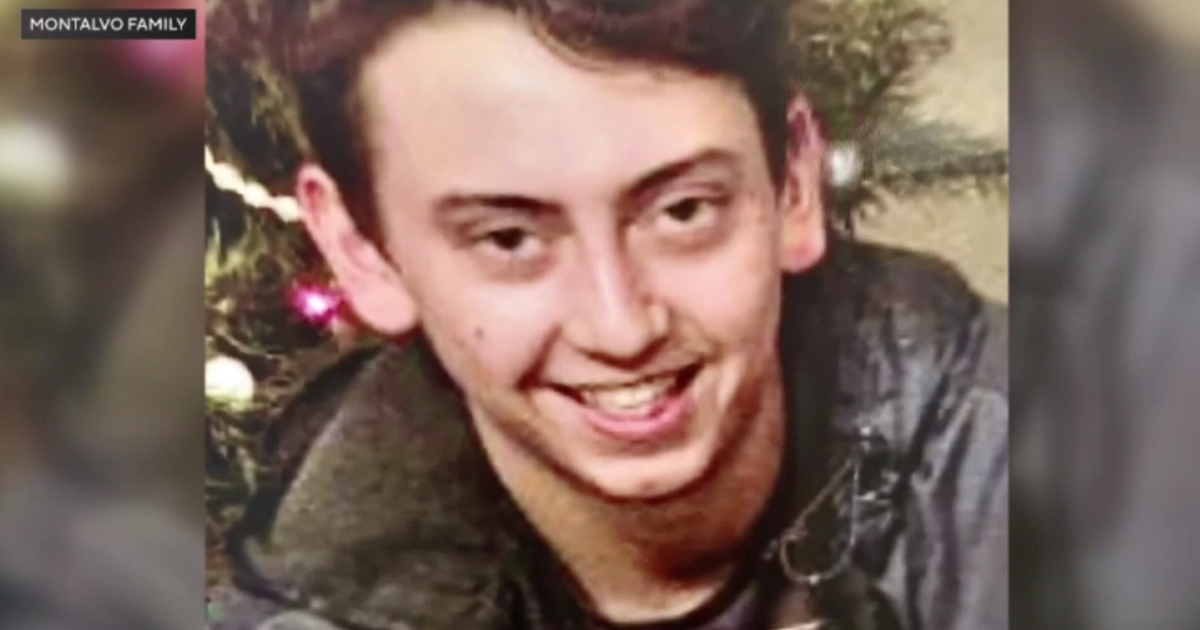Dallas man exonerated after fighting for innocence for over 3 decades
DALLAS — A Dallas man, Benjamin Spencer, has been officially exonerated after spending more than three decades in prison for a crime he did not commit.
Spencer, who was sent to prison in 1988 in connection with the death of a Dallas clothing company executive, finally saw justice served after a years-long battle for his freedom.
In 1987, a Dallas jury convicted Spencer of murder. Following a post-conviction investigation that raised new questions, he was given a new trial and convicted of aggravated robbery instead, receiving a life sentence.
Despite a judge finding him innocent in 2007, an appeals court reversed the decision, and Spencer remained in prison for 34 years.
For years, Spencer maintained his innocence, but it wasn't until the Conviction Integrity Unit under District Attorney John Creuzot got involved that the truth began to emerge.
Evidence favoring Spencer had been suppressed, including information against the star witness, who was paid thousands of dollars for her testimony.
In 2021, Spencer received a wrongful conviction designation and was released on bond, but full exoneration can take years. Thursday, that long-awaited moment arrived.
"Thirty-seven years of wrongful conviction is a lifetime," Spencer said. "There's no way I can get those years back, but I am happy to be moving forward... my character speaks for itself. Hopefully, people will get to know me for who I am and see me for who I am, rather than who I was led to believe I was."
Spencer's legal team and advocates, who fought for decades on his behalf, expressed relief and pride in the outcome.
"They uncovered evidence and information that would have never been made available to a defense team," said Spencer's attorney, Cheryl Wattley. "It makes you proud to be a citizen of Dallas County."
Dallas County Criminal District Attorney John Creuzot said, "This investigation from their standpoint never ended. From our standpoint, it came and went. When I got here, I said I would take another look, and I would be honest about what I see. So we're here where we need to be. Unfortunately, it should have happened a long time ago, but we're here today, and we're thankful for that."
As for the original case, Creuzot stated that it would remain cold, as too much evidence had been lost due to its age. As for Spencer's future, he plans to live life to the fullest.
"I just plan to continue living, enjoying life, and being an encouragement to those I encounter, hopefully serving as an inspiration as well," Spencer said.
Dallas County Criminal District Attorney John Creuzot
Benjamin Spencer was initially convicted of murder in 1987 and sentenced to 35 years in prison.
The court granted Spencer a new trial after it was found that a witness provided false testimony regarding whether she expected to receive reward money for her role in the case. After his second trial, Spencer was convicted of aggravated robbery and sentenced to life in prison. He has always maintained his innocence.
The CIU, under DA Creuzot, began a re-investigation of the case after Spencer's defense team presented new evidence, which the unit corroborated.
The CIU's investigation also found additional evidence, including that prosecutors previously withheld evidence.
"This outcome is the result of a dedicated investigation in which we devoted countless hours to uncovering the truth. Benjamin Spencer is actually innocent; there exists no credible or physical evidence that he was in any way involved in this crime" said CIU Chief Cynthia Garza.
In March of 2021, the Dallas County DA's Office announced that Spencer's conviction should be vacated on the basis of several constitutional violations including the false testimony of the original prosecution's star witness, false testimony from a jailhouse informant, and the suppression of Brady evidence by the State. Spencer was released on bond after serving 34 years behind bars.
In May 2024, the Texas Court of Criminal Appeals overturned Spencer's conviction. The Court's decision became final in June of 2024.
"There are latent print cards taken from the scene that have been lost or misplaced likely due to the age of the case. At the time of the original investigation, Spencer was excluded as a match. If the cards are found, we will request the police department to run them against the database, which could provide leads." DA Creuzot said.
This injustice was rectified through the tireless and collaborative work of the Dallas County District Attorney's Office including CIU Chief Cynthia Garza and Investigator Seancory Patton, as well as Spencer's defense team comprised of Cheryl Wattley, Professor of Law and Director of the Joyce Ann Brown Innocence Clinic at UNT Dallas College of Law and Gary Udashen from Udashen/Anton in Dallas, assisted by Jim McCloskey from Centurion Ministries in Princeton, New Jersey.
This marks the 46th overall exoneration (cases of actual innocence) for Dallas County since 2001 when the post-conviction DNA statute went into effect.
Spencer's case
Jeffrey Young was found lying unconscious on March 22, 1987, in the 3900 block of Puget Street. Young had multiple head injuries and was taken to Parkland Hospital, where he died. His gray BMW was discovered parked in an alley about two hours after the clothing manufacturing executive was found unconscious.
When initially questioned, Glady Oliver claimed she did not see anything. After rewards were announced, Oliver claimed to have seen Spencer and his co-defendant, Nathan Robert Mitchell, get out of Young's car. Oliver also gave police the names of other alleged witnesses.
Though no physical evidence implicated them in the offense, Spencer and Mitchell were arrested.
Shortly after Spencer's arrest, a jailhouse informant named Danny Edwards told police that Spencer had confessed to him regarding the abduction, robbery and murder of the complainant.
The post-conviction investigation found that Oliver gave false testimony during trial about whether she received or expected to receive up to $25,000 in reward money. The CIU also found that the prosecutors at the time withheld favorable evidence, in violation of Brady v. Maryland and Constitutional due process, regarding Oliver's expectation of receiving reward money.
Another witness, Jimmie Cotton, testified that he saw Spencer get out of Young's car though he actually, didn't see that. And Edwards, the jailhouse informant, admitted that he falsely testified at trial that Spencer had confessed to the crime while they were incarcerated in Dallas County.
In 2004, Spencer filed a writ of habeas corpus alleging, among other grounds, that he was actually innocent. Following the 2007 writ hearings, the trial court recommended to the Court of Criminal Appeals, over the objection of the district attorney's office at that time, that Spencer be found innocent. The Court of Criminal Appeals, in April 2011, denied Spencer's claim.
Recent DNA testing was paid for by the Dallas County District Attorney's Office's CIU post-conviction DNA testing grant funds from the Bureau of Justice Assistance.
